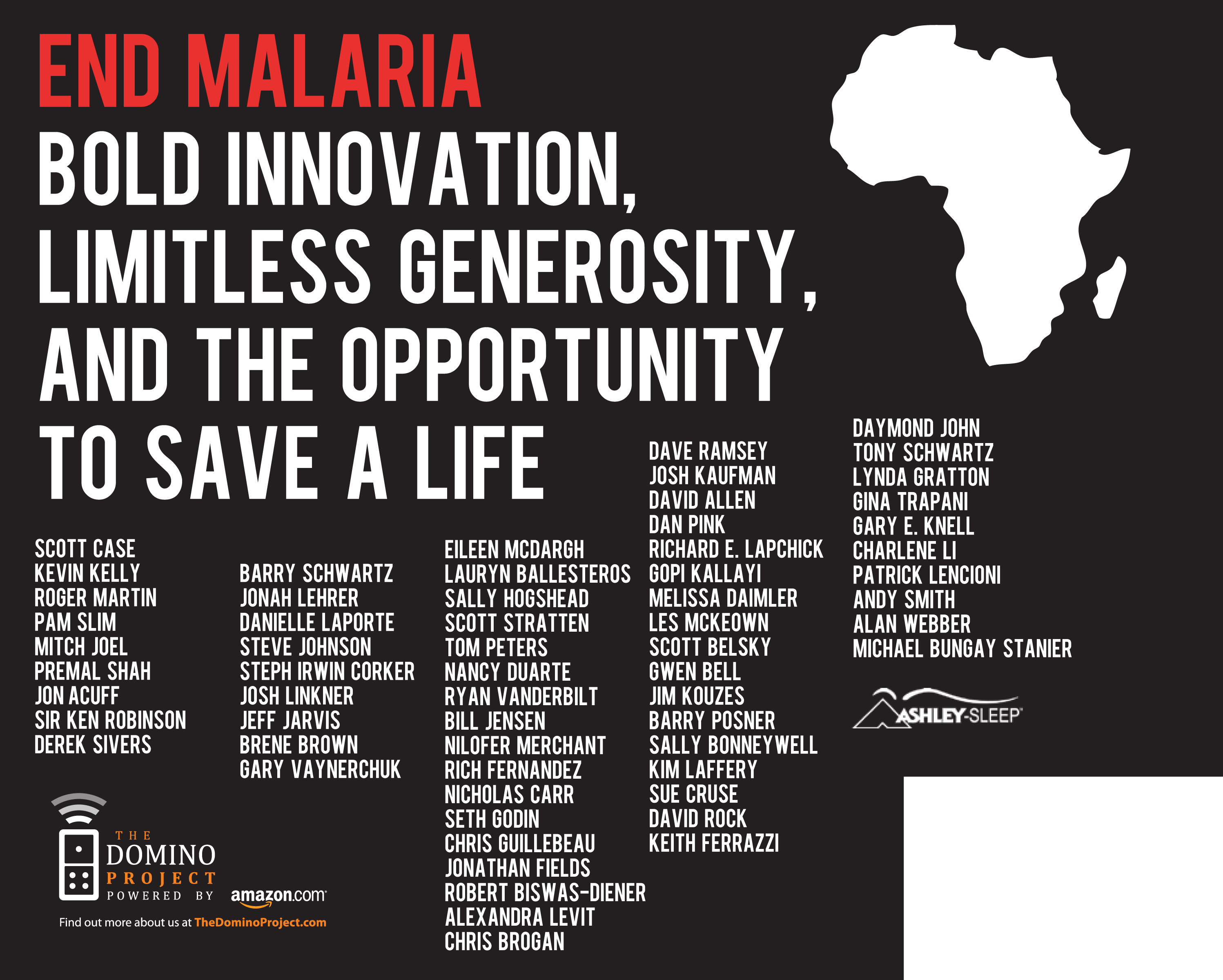I Want America to Thrive
Guest Post by Julie Gabrielli
It seems we are experts at knowing what’s wrong in the world – whether global problems like climate change and poverty, national concerns like the economy and health care, neighborhood issues like the lady down the street whose dogs never stop barking. Even within our own families, we tend to focus on what’s not working.
What happens when we turn and face in another direction? Not to actively ignore or deny those very real problems. But to focus instead on what we want. Do we ever even ask this question of ourselves or others: what sort of world do we want to live in?
Even then, the answers may come back framed in negatives, such as “I want fewer wars” or “to eliminate racism.” The brilliant Hildy Gottlieb first opened my eyes to this habit.
I tested this out one recent weekend at our neighborhood shopping area, taking video footage of everyday people addressing these big issues. People were quick to cite the problems: education, the economy, global warming, racism, negativity, stereotyping, war. When asked to say what they want, if they could wave a magic wand and fix everything, they were less confident, sometimes even embarrassed. As if talking that way is not an adult activity.
The danger of dwelling on what’s wrong is that we can become convinced that there’s no hope for us. We’re just a doomed species and blight on the planet. I know many avid and dedicated environmental activists who harbor this secret belief deep within their hearts: that the planet will be better off without us.
And why wouldn’t we reach this conclusion, when all we read about and see around us are the consequences of our bad behavior? The mortgage crisis, countries in the Euro zone so deep in debt they threaten to take the whole thing down with them, giant corporations cutting down the boreal forest in Canada to get at the dirtiest, most carbon-intense oil on the planet and then lobbying our government to build a pipeline to cart it to the Gulf of Mexico. Fifty million nonelderly Americans (18.9%) are without health insurance or access to good health care.
This stuff is senseless. Meaning, try as we might, we can’t make sense of it. I wonder if it’s because, as Einstein famously observed, we cannot solve our problems using the same thinking that created them. So why not try a different way? What happens when we focus instead on what we want, instead of what we don’t want? Try it. You may be surprised at what happens.
Why does this matter? you may be wondering. It turns out that we create the future every moment of every day. A positive vision of a future that we want is the galvanizing force that animates the world-changing work of all the people who will be in the film, “I Want America to Thrive.” Even the title speaks to a positive vision. Why not? It’s a surer way to transcending, rather than merely solving, our problems.
Eco-architect Julie Gabrielli has been at the forefront of the sustainability movement in Maryland for over 15 years. She is an artist and writer, always searching for the most effective medium to wake people up to the beauty of our world. To learn more and stay in touch, Like this film on Facebook.


